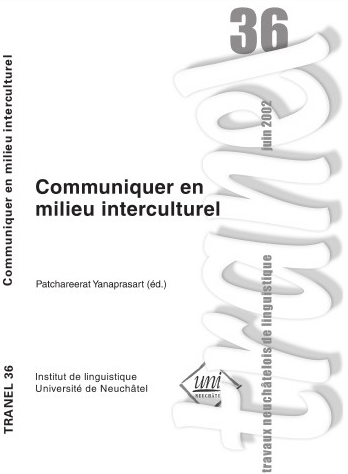Interrelations entre oralité, écriture et culture
DOI :
https://doi.org/10.26034/tranel.2002.2572Résumé
To what degree are spoken and written language different? Does this affect the way people think and the way they communicate in society? How do people actually use and perceive writing? This paper provides a synthesis of various findings about a number of aspects concerning the theory of literacy, such as the relations between spoken and written language, the cognitive consequences of literacy, the role of social context and the connection between literacy and societal change. Beginning with researchers for whom written language led to abstract thinking and the sciences as found in the Western world, this paper then presents the point of view of researchers who have shown how, in any culture, there are different oral and written genres, all shaped according to the way in which they are used in particular contexts, and not all geared towards academic writing as the «best» written genre. The orality and literacy overview presented here insists on the diversity of the various forms of spoken and written language as well as on their various uses and outcomes in different cultures.Téléchargements
Publié-e
01-06-2002
Comment citer
Piaget, S. (2002). Interrelations entre oralité, écriture et culture. Travaux neuchâtelois De Linguistique, (36), 25–45. https://doi.org/10.26034/tranel.2002.2572
Numéro
Rubrique
Article thématique


